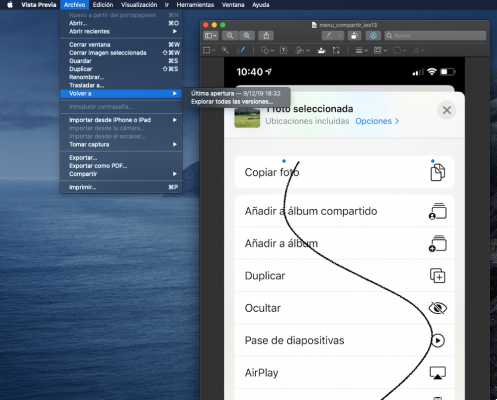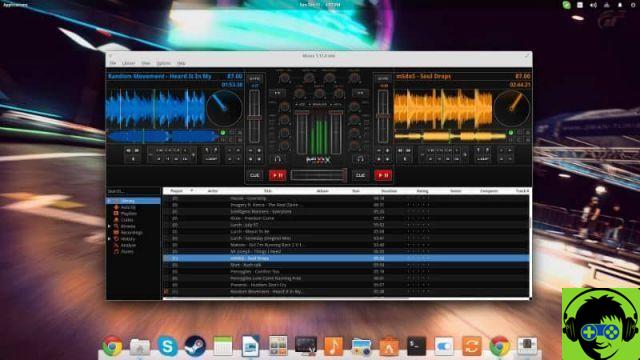When we buy a new computer or upgrade what we already have, it is normal that we do not know what many of the options it offers us are for. In fact, with today's computers having so many features, we often know where to start when using them. If this is your case since you have decided to install and use Linux, no problem, because in this article we will show you what are Linux log files and what are they for.
Linux is an operating system widely known around the world and, if as in the case of many people you use it in your daily life, today we give you a practical guide to get to know him better. You won't regret reading and finding out how you can take advantage of log files in Linux.
What are log files in Linux?
For everyone who owns a computer today, it is very clear that they have many useful functions. And there are so many of them, that many times we don't know why we can use some or even how to make them work. This is completely normal, but if you want to get a lot more out of your computer, we recommend that you investigate further its functioning.
If you have a computer with any of the Linux versions, you can start by looking at what the log files are. These very important files, also commonly called log files, are those that contain a variety of messages on the system.
Among the messages they contain are the kernel, the applications you have and run on your computer, as well as the services you have on it.

Sure, these files are useful they are very well organized. Depending on the information or data they contain, these are in categories that allow us to easily identify them.
When downloading and installing Linux, there is a lot to expect when it comes to these files, but what are they for? Well, we explain it to you below.
What are log files for in Linux?
These files, so used in computers running Linux, are really useful. In short, the log files they are mainly used for problem solving that arise in the operation of the computer.
Of course, to do this we need to know identify problems in the system which can be repaired by these files, so it's good to have someone who knows to set them up. Now, if you have the obligation or need to configure these files, we encourage you to read on and find out how you can get it easily.
How to access log files in Linux?
For those who are not very experienced with these somewhat hidden functions of computers, accessing the log files can seem a little tricky. Well actually, this is very easy to do if you follow the steps corresponding to the letter.
To begin with, you should note that these can be found in the / var / log directory and their respective subdirectories. There you can find several such files followed by numbers, which are created when the log files circulate to avoid being too large for the available space.

You also need to remember that you have to be a root user to be able to log in or even configure log files in Linux. Also, you can change them to such a directory with the help of the useful cd command. Keeping them functioning correctly will also help you predict problems that may arise in the near future.
For added security, it is recommended that you specifically monitor the files in / var / log / secure, / var / log / messages, /var/log/boot.log, /var/log/auth.log, / var / log / faillog, / var / log / cron, among others similar.
In summary, it is necessary that every good owner of a Linux device knows how to manage them correctly, since its correct functioning will depend on this.
We hope all this information can be of great utility when using and managing your computer and we encourage you to continue investigating this interesting topic. Nothing is stopping you from getting the most out of your Linux computer. as it has the best tools and applications to work with.


























